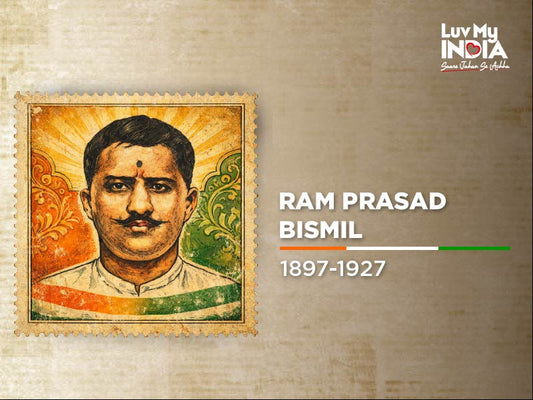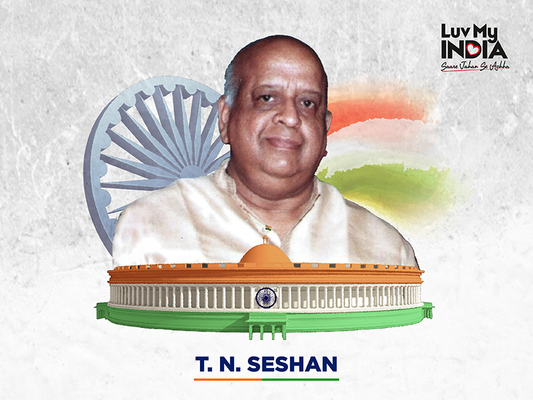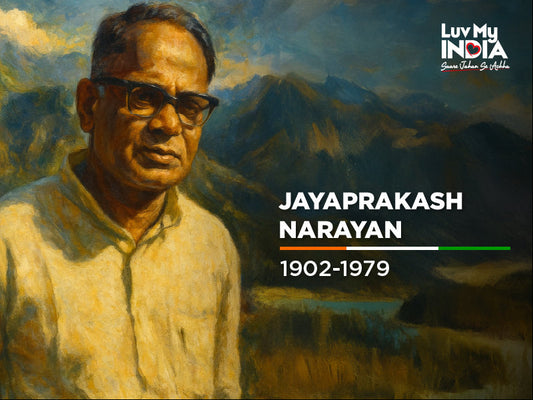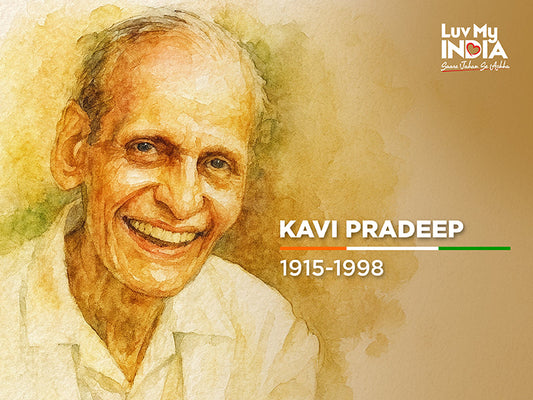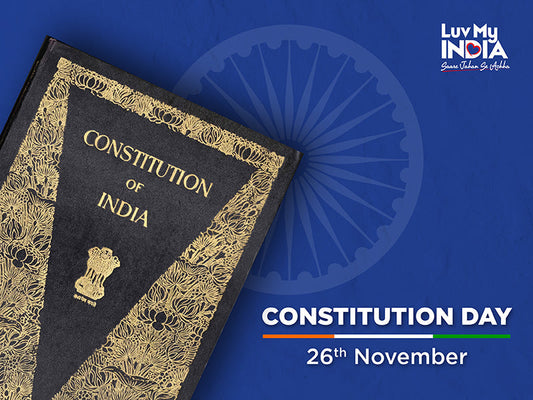A hundred and fifty years have passed, yet every time these words resound, they awaken the same sacred pulse. It’s the rhythm of every heart that beats for this soil, from the hills of the North to the shores of the South, from farmers in the fields to soldiers at the borders. It seeps in as a reminder that India is not defined by lines on a map but by love that transcends them. It is not just a song, it is a vow that binds us, beyond religion, beyond language, beyond time itself. It is a vow that says Vande Mataram, i.e, I bow to thee, Mother.
In the late 19th century, India was under the suffocating shadow of colonial rule. The Britishers had not only conquered our land but sought to suppress our soul. It was in this atmosphere of despair and restlessness that Bankim Chandra Chatterjee, a scholar, novelist and patriot, envisioned a hymn that would rekindle India’s spirit.
In 1872, while serving as a government official, he witnessed firsthand the humiliation of his people. His pen became his weapon and wrote Vande Mataram as a tribute to Bharat Mata; not just as a geographical entity, but as a divine mother who is nurturing, eternal and invincible. The hymn first appeared in his Bengali novel Anandamath in 1882, a story of sanyasis rising against oppression.
He saw in the motherland not just soil and rivers, but the embodiment of Shakti. Each verse of Vande Mataram invokes the beauty of India’s land, its fertile fields, cool breezes and fragrant flowers and then ascends to revere the nation itself as goddess and guide. In an era when worshipping India was an act of rebellion, Vande Mataram became the mantra of courage.
In 1896, at the session of the Indian National Congress in Calcutta, Vande Mataram was sung publicly for the first time and the voice that carried it was none other than Rabindranath Tagore. The poet who would later gift India its national anthem had, at that moment, given the nation its spiritual song.
The song transcended religion and region, uniting millions in a shared sense of purpose. It became the sound of freedom’s footsteps long before freedom itself arrived. It became the anthem of India’s freedom struggle. Leaders across generations held it close to their hearts.
Mahatma Gandhi viewed Vande Mataram as a symbol of national pride and a rallying cry against the British. Subhas Chandra Bose thought of it as the nearest approach to India's national anthem. Sri Aurobindo, who translated it into English, called it “the mantra of nationalism.”
After India’s independence, when the Constituent Assembly gathered to decide the national anthem and symbols of the new India, Vande Mataram held a special place in every heart. While Jana Gana Mana was chosen as the national anthem, the Assembly adopted Vande Mataram as the national song of India on January 24, 1950, acknowledging its unparalleled role in shaping the nation’s identity.
Even today, when the strains of Vande Mataram rise during Independence Day, Republic Day or national ceremonies, something ancient stirs within us. The song does not belong to history; it lives in our breath, in our collective heartbeat. It is India - raw, resilient, radiant.
At Luv My India, Vande Mataram is more than a song, it is our soul’s anthem. To celebrate its 150 years, we honour the spirit of this timeless composition through our exclusive Vande Mataram Collection featuring Vande Mataram T-shirts, badges and tote bags that let every Indian carry the legacy close to their heart. Each product is a tribute to the words that once moved mountains and today continue to move hearts.
Through every design, every word, every colour, Luv My India stands committed to preserving the legacy and glory of Vande Mataram. Our mission is to ensure that the chant that once stirred an empire continues to stir hearts across generations.
As India marks 150 years of Vande Mataram, we invite every citizen to wear their pride and to carry the motherland’s glory in every step they take. Because Vande Mataram is not just a memory, it is our identity. And as long as we breathe, the motherland shall hear her children say Vande Mataram.






